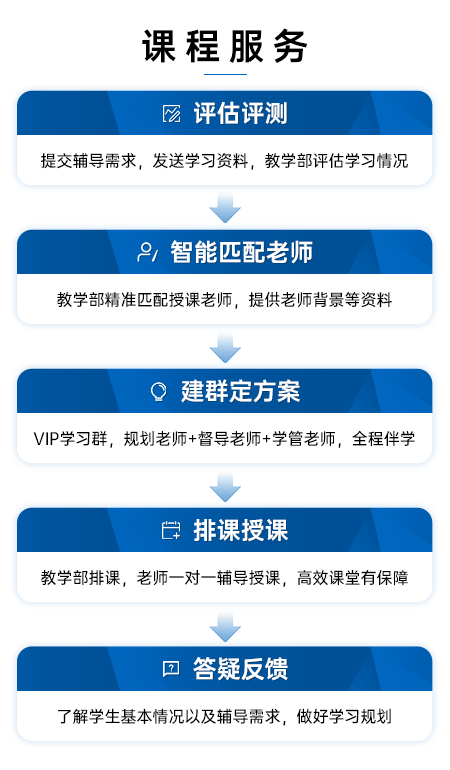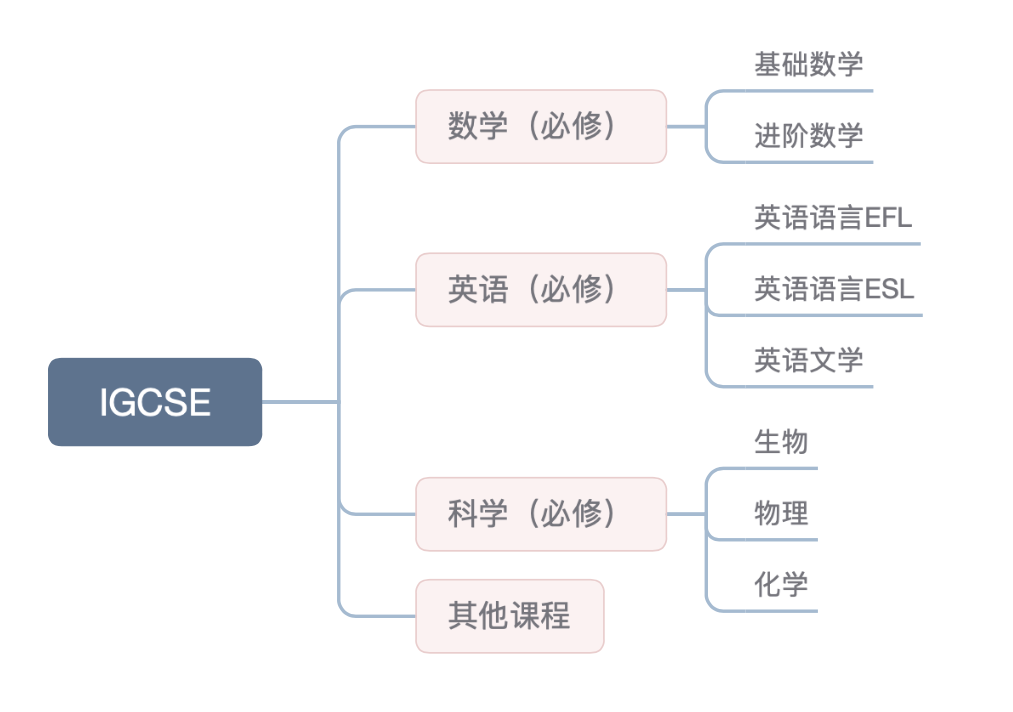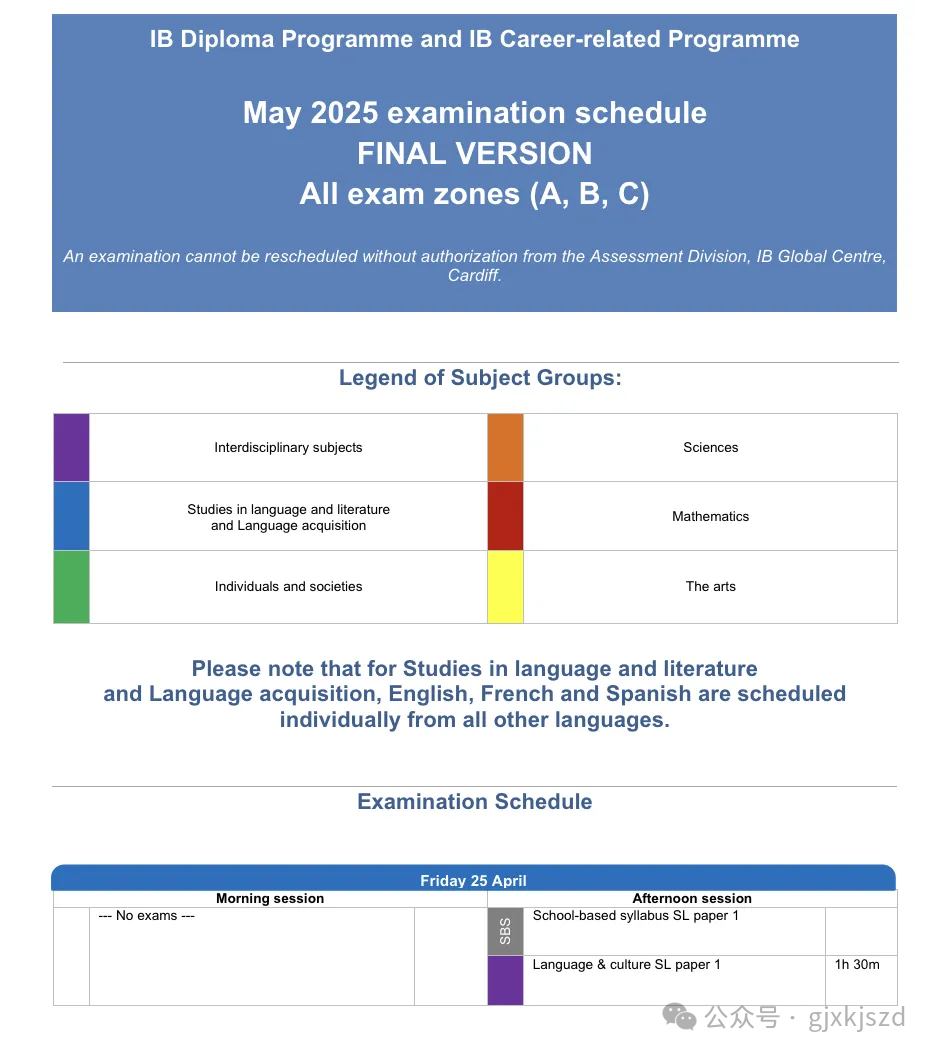年关将至,WSDA冬季冠军赛的战火即将点燃!辩题作为这场思维盛宴的核心,犹如神秘宝藏等待我们挖掘。每一道辩题都蕴含着复杂的逻辑迷宫与多元的观点碰撞,精准剖析它们是赢得比赛的关键。
今天,老师特别奉上2025 冬季冠军赛Junior即兴辩论两轮备稿辩题深度解析,为大家厘清思路、指明方向,助力各位在赛场上脱颖而出。
准备好跟随我们的步伐,开启这场烧脑的辩题探索之旅了吗?精彩内容,马上呈现!
即兴辩论第一轮备稿辩题
(Round 1 Prepared Resolution)
Governments should prioritize funding for space exploration over solving global poverty.
各国政府应优先为太空探索提供资金,而不是解决全球贫困问题。
01、Key Terms
01、Governments:
Refers to the governing bodies responsible for making and implementing policies for a country.
02、Prioritize:
To consider something more important and allocate more resources towards it.
03、Funding:
Financial support provided by governments for various initiatives and projects.
04、Space Exploration:
The investigation of outer space through the use of astronomy and space technology.
05、Global Poverty:
The condition where people lack sufficient income or resources to meet basic needs such as food, shelter, and healthcare.
02、Case Analysis
Pro Side
(Supporting Space Exploration Prioritization)
1.Advancement of Technology:
(1)Space exploration drives technological innovations that can benefit various sectors, including healthcare, communication, and transportation.
(2)Example: Technologies like GPS and satellite communications originated from space programs.
(3)Tips: Emphasize how space exploration leads to innovations that benefit everyday life, like improvements in medical devices, environmental monitoring, and global communications.
2.Economic Growth:
(1)Investment in space exploration can create jobs and stimulate economic growth.
(2)Example: The space industry supports thousands of jobs in engineering, manufacturing, and research.
(3)Tips: Stress the potential for economic growth through job creation in the aerospace industry and the development of new markets (e.g., space tourism, asteroid mining)
3.Long-term Survival of Humanity:
(1)Space exploration is crucial for the long-term survival of humanity, offering potential solutions like colonizing other planets to avoid existential threats on Earth.
(2)Example: Research on Mars colonization could safeguard humanity from Earth-bound disasters.
(3)Tips: Focus on the long-term benefits for humanity, such as planetary defense against asteroids, climate change solutions, and the possibility of colonizing other planets.
4.Global Cooperation and Inspiration:
(1)Space missions foster international collaboration and inspire future generations to pursue careers in science and technology.
(2)Example: The International Space Station (ISS) is a model of global cooperation.
(3)Tips: Argue that space exploration strengthens a country’s global standing and fosters international cooperation, which can lead to peaceful relations and shared technological advancements.
Con Side
(Supporting Solving Global Poverty)
1.Immediate Human Needs:
(1)Addressing global poverty has an immediate impact on improving the quality of life for billions of people.
(2)Example: Providing access to clean water, education, and healthcare can significantly reduce poverty.
(3)Tips: Focus on the urgency of addressing basic needs like food, shelter, healthcare, and education, which directly impact billions of lives in the present.
2.Moral Responsibility:
(1)Governments have a moral duty to prioritize the welfare of their citizens and ensure that basic human needs are met.
(2)Example: Investing in poverty alleviation programs can save lives and reduce suffering.
(3)Tips: Argue that governments have a moral obligation to alleviate suffering and reduce inequality, prioritizing human welfare over distant scientific pursuits.
3.Cost and Opportunity Cost:
(1)Space exploration is extremely expensive, and these resources could be used to tackle pressing issues like poverty, hunger, and disease.
(2)Example: The cost of a single space mission could fund numerous poverty reduction initiatives.
(3)Tips: Emphasize the high costs of space exploration and argue that these funds could be more effectively used to combat poverty, providing immediate and tangible benefits.
4.Sustainable Development Goals (SDGs):
(1)Eradicating poverty is a core component of the United Nations’ Sustainable Development Goals, aiming for a more equitable world.
(2)Example: Goal 1 of the SDGs is to end poverty in all its forms everywhere.
(3)Tips: Reference international commitments like the SDGs to support the argument that tackling poverty should be a top priority for global stability and prosperity.
03、Conclusion
The debate centers on the allocation of limited government resources. Proponents argue that space exploration leads to technological advancements and long-term benefits, while opponents emphasize the urgent need to address global poverty and the moral responsibility of governments to prioritize human welfare.
Here are some suggestions to make it a nuanced topic for discussion:
(1)Use Examples: Back up arguments with, real-world examples, and case studies to make points more compelling.
(2)Anticipate Counterarguments: Be prepared to address common counterpoints and offer rebuttals that strengthen your case.
(3)Clarity and Simplicity: Keep arguments clear and easy to understand, especially since the audience consists of primary school children.
(4)Engagement: Use rhetorical questions, analogies, and relatable examples to keep the audience engaged and make complex topics more accessible.
即兴辩论第二轮备稿辩题
(Round 2 Prepared Resolution)
Developing countries should be allowed to use more fossil fuels to grow their economies.
应允许发展中国家使用更多的化石燃料来发展经济。
01、Key Terms
01、Developing Countries:
Nations with lower levels of industrialization, income, and living standards compared to developed countries.
02、Allowed:
Given permission or not restricted in their actions.
03、Fossil Fuels:
Natural resources like coal, oil, and natural gas, used for energy production.
04、Grow Their Economies:
Increasing the economic output, improving infrastructure, creating jobs, and raising the standard of living.
02、Case Analysis
Pro Side
(Supporting the Use of
More Fossil Fuels)
1.Economic Growth and Industrialization:
(1)Fossil fuels provide a reliable and cost-effective energy source, essential for industrialization and economic development.
(2)Example: Countries like China and India initially relied heavily on coal to boost their industrial sectors and economies.
(3)Tips: Provide clear data on how fossil fuels have driven economic growth in specific developing countries. Use comparisons to show how energy access correlates with industrial growth and increased GDP.
2.Energy Access and Poverty Reduction:
(1)Many developing countries lack sufficient energy access; fossil fuels can help provide the necessary energy to improve living standards.
(2)Example: Increased energy access can power homes, schools, and hospitals, leading to better education and healthcare.
(3)Tips: Emphasize the importance of reliable and affordable energy in alleviating poverty. Use examples of regions where energy access has improved living standards and economic opportunities.
3.Job Creation:
(1)The fossil fuel industry can create numerous jobs in mining, transportation, and power generation.
(2)Example: In regions where fossil fuel extraction is a major industry, local communities benefit from employment and economic activity.
(3)Tips: Provide evidence of job creation in the fossil fuel sector and discuss how these jobs support local economies. Highlight the broader economic benefits, such as increased spending and infrastructure development.
4.Fairness and Historical Precedent:
(1)Developed countries used fossil fuels extensively during their development; developing countries should have the same opportunity to grow their economies.
(2)Example: Western countries industrialized using coal and oil, which significantly contributed to their economic success.
(3)Tips: Frame this argument in terms of equity, stressing that developing countries should have the same opportunities to grow as developed countries did. Use historical examples to show how fossil fuels were crucial in the industrialization of Western nations.
Con Side
(Opposing the Increased
Use of Fossil Fuels)
1.Environmental Impact:
(1)Fossil fuel use contributes to climate change, air pollution, and environmental degradation, which can have severe long-term consequences.
(2)Example: Rising global temperatures and extreme weather events disproportionately affect vulnerable communities in developing countries.
(3)Tips: Use scientific data to highlight the link between fossil fuel use and climate change. Show how environmental degradation can lead to long-term economic costs, such as disaster recovery and loss of agricultural productivity.
2.Health Risks:
(1)Pollution from fossil fuels leads to health issues such as respiratory problems, heart disease, and cancer.
(2)Example: Cities with heavy reliance on coal often experience higher rates of air pollution-related illnesses.
(3)Tips: Present statistics on health issues caused by pollution from fossil fuels. Discuss how reducing fossil fuel use can lead to healthier populations and lower healthcare costs.
3.Sustainable Development:
(1)Developing countries can leapfrog to cleaner, renewable energy sources, avoiding the environmental pitfalls of fossil fuels.
(2)Example: Countries like Kenya have invested in geothermal and solar energy, providing sustainable energy while protecting the environment.
(3)Tips: Highlight successful examples of renewable energy adoption in developing countries. Discuss how sustainable energy can provide long-term economic benefits without the environmental downsides of fossil fuels.
4.Global Responsibility:
(1)All countries have a role in reducing carbon emissions to combat climate change. Developing countries should be supported in adopting green technologies.
(2)Example: International agreements like the Paris Agreement encourage global cooperation to reduce reliance on fossil fuels.
(3)Tips: Argue that developing countries can be leaders in the global transition to renewable energy. Emphasize the importance of international support and cooperation to help these countries avoid the pitfalls of fossil fuel dependency.
03、Conclusion
By presenting clear, logical arguments and supporting them with relevant examples, both sides can make compelling cases in this debate.
Here are some suggestions how both sides can present more comprehensive and thoughtful arguments, leading to a richer debate:
(1)For Both Sides: Use credible data and real-world examples to back up your arguments. Address potential counterarguments directly and provide thoughtful responses.
(2)Balance Short-term vs. Long-term Perspectives:Both sides should balance immediate needs with future consequences, showing an understanding of the complexity of the issue.
(3)Incorporate Ethical and Social Dimensions:Discuss the ethical responsibility of balancing economic growth with environmental stewardship and the well-being of future generations.
(4)Encourage Global Cooperation:Suggest that international collaboration, funding, and technology sharing can help developing countries achieve sustainable growth without relying heavily on fossil fuels.
看完辩题解析,大家一定跃跃欲试,希望通过实战模拟来检验学习成果。














